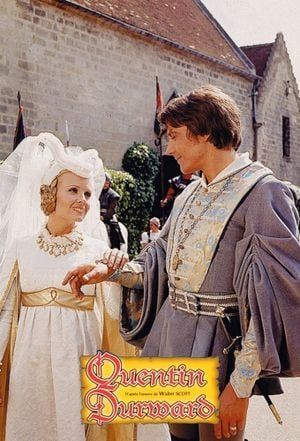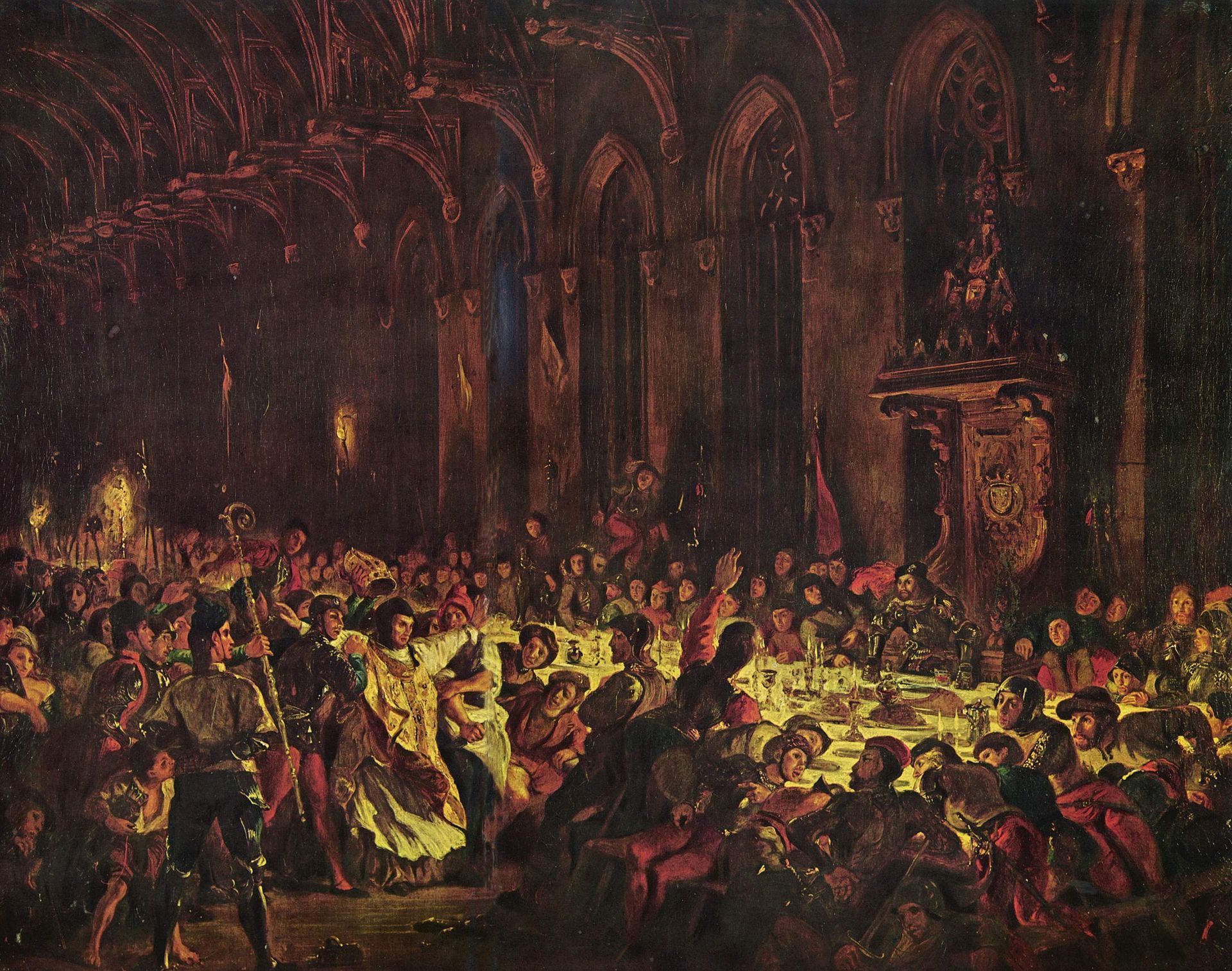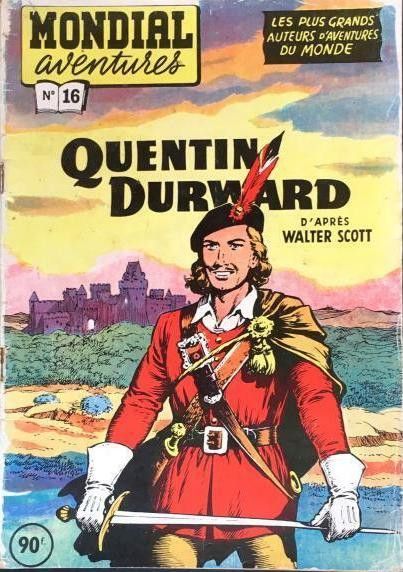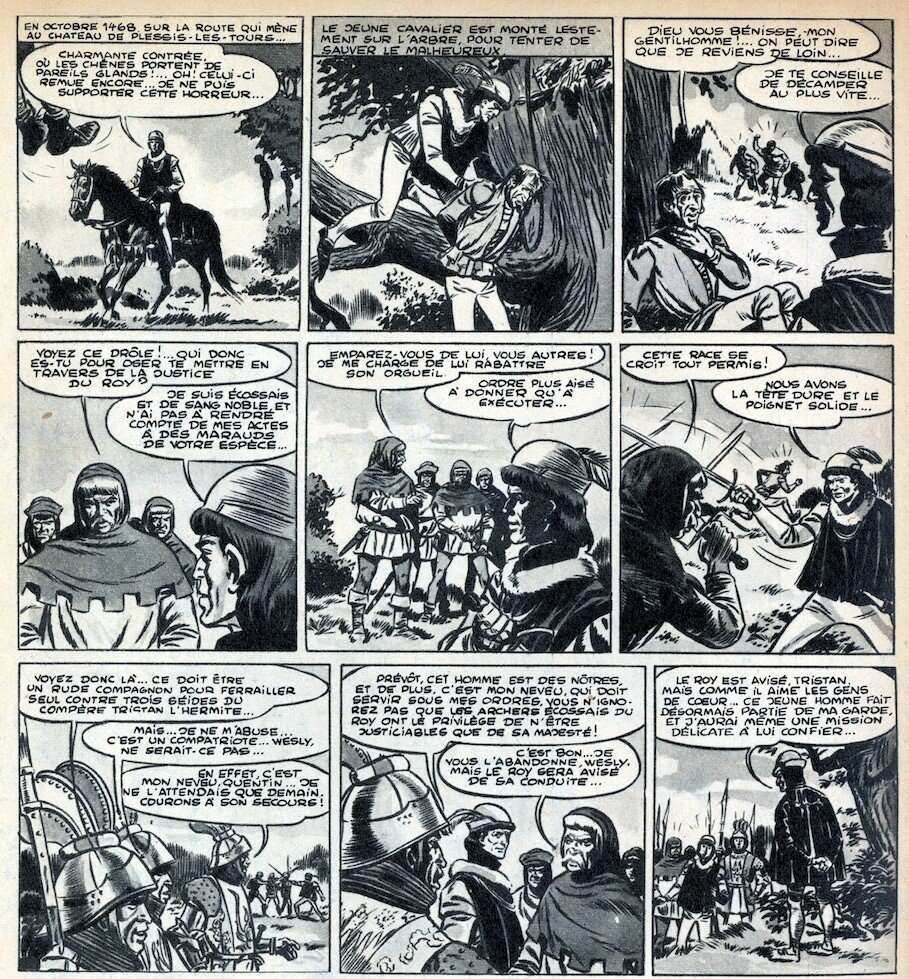

A Colloquium on Quentin Durward
On Saturday 12th August 2023 we had a Colloquium on Quentin Durward with J. H. Alexander and Dr Lesley Graham. They were introduced by our Chairperson, Dr. Lucy Wood.
J. H. Alexander joined the English Department at the University of Aberdeen in 1968 and retired as Reader in 2001. He was a general editor for the Edinburgh Edition of the Waverley Novels, editing several volumes, and is now a contributor to the Oxford Edition of Charles Dickens for which he has edited The Uncommercial Traveller (2024). His other publications include Reading Wordsworth (1987) and Scott’s Books: Reading the Waverley Novels (2017).
Synopsis:
After his problems composing
Peveril of the Peak, Scott determined to ensure that his next novel Quentin Durward should be characterised by disciplined efficiency. This talk explores some of the implications for the beginning of the novel, the main narrative, and the conclusion. The depiction in the easy-going Introduction of a gradual movement by which the narrator progressively gains knowledge of an interesting but elusive character anticipates Quentin’s, and the reader’s, experience of Louis XI and his impenetrable castle. The main narrative focuses firmly on the twists and turns of Louis’s character, challenging the reader’s understanding as the other characters, two- or one-dimensional, do not. Finally, after the apparently inevitable build-up to the attach on Liège the style of the concluding coda ties things up by balancing the Introduction.
J. H. Alexander
Lesley Graham is senior lecturer at the University of Bordeaux where she teaches in the Department of Languages and Cultures. Her research interests centre on nineteenth-century Scottish literature and in particular on travel writing and other non-fiction genres. She has published widely on Robert Louis Stevenson, his entourage, and his afterlives. She is the editor of the New Edinburgh Edition of Robert Louis Stevenson’s Uncollected Essays 1880-94 (EUP). Lesley is a past president of the French Society for Scottish Studies.
Synopsis: Quentin Durward or “l’histoire de France walter-scottée”
2023 marked the bicentenary of the publication of Quentin Durward not just in English but also in French. The novel’s reception in Britain was relatively lukewarm, but French readers, who were already convinced Scottophiles, went wild for it. One of the rare authors to be read in the provinces as well as in Paris, Walter Scott played a vital role in promoting the novel as an object of consumption for ordinary people throughout France and he soon became an integral part of French literary culture. Scott was undoubtedly aware of the better sales figures in France when, in 1830, he reassessed his original opinion of the novel to Robert Cadell, his publisher, "I thought it one of the worst of the sett but upon going over it I think it a good one though rather for the foreign market"
Scott had several ties with France (his wife, Charlotte née Charpentier, was French) and French sources fed into the novel in various ways. He had visited Paris in 1815 soon after the Battle of Waterloo and had written about it, to great acclaim, in Paul’s Letters to his Kinsfolk. The first translation of Quentin Durward advertises this much more journalistic volume on one of the title pages, suggesting that readers might read the work to better understand Scott’s descriptions of Belgium. Scott's most important historical sources were the memoirs of Philippe de Commynes (1489–1498) which Scott possessed and read in the original French.
One of the reasons evoked by Scott himself for the shift away from British shores to France for the plot of Quentin Durward was the hope that he would no longer be copied by what he called “the vulgar dogs of imitators”. He had not reckoned with the many French imitators who were only too happy to follow him to historical French settings. Quentin Durward had a marked and lasting influence on French historiography and on French cultural life in general. Scott was an invigorating and renewing force on the European literary scene, and he was emulated (and sometimes plagiarized) by hordes of second-rate writers in France whose names have all now been forgotten, but also by writers who are still widely read today (notably Victor Hugo, Alfred de Vigny and Honoré de Balzac.) In parallel with these literary “adaptations”, Quentin Durward was also a great inspiration in French painting. Eugène Delacroix was particularly influenced by the novel, producing at least three works inspired by the plot, the best known of which is the 1829 painting L’assassinat du Duc de Liège.
In 1831, Balzac was much less positive about the writer he had so feely emulated. He writes in the preface to
La Peau du Chagrin (1831) that the public are fed up with a Walter-Scotted history of France: “rassasié de […] l’Histoire de France walter-scottée ”S. There is little evidence that this was true. French readers continued to read
Quentin Durward
long after its publication. In the second half of the nineteenth century and well into the twentieth century, Scott’s name came to be associated with popular, mostly juvenile literature. Many editions of
Quentin Durward were abridged versions, simplified for children. Throughout the twentieth century, we find
Quentin Durward in school reading books, and in comic books too. However, the version of the novel that most French people of a certain age remember today is the Franco-German television series
Quentin Durward, first broadcast between January and March 1971. Lesley Graham
Download J.H. Alexander's [Transcript]
Selected Slides from Lesley Graham's Powerpoint

Slide title
Write your caption hereButton
Slide title
Write your caption hereButton
Slide title
Write your caption hereButton
Slide title
Write your caption hereButton
